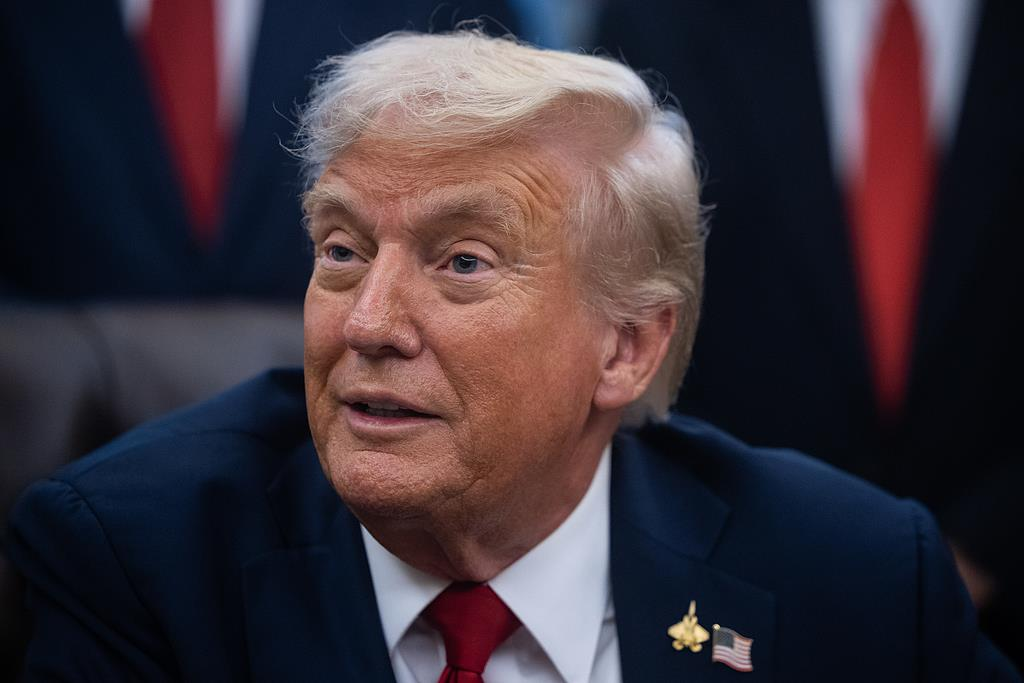
According to Reuters, the European Commission is expected to announce plans to impose tariffs on Chinese electric vehicles this week as it questions China's excessive subsidies for electric vehicle production, a move that is likely to trigger severe criticism and countermeasures from China.
Berlaymont, headquarters of the European Commission, in Brussels, Belgium.
Previously, the United States has increased tariffs on Chinese electric vehicles to four times the current level, reaching more than 100%. Now, the EU will also impose import tariffs on Chinese manufacturers such as BYD and Geely, as well as Western manufacturers such as Tesla that export cars from China to Europe, but the tariffs will most likely be much lower than those set by the United States.
On June 11, in response to the question "What measures will China take if the EU imposes tariffs on Chinese electric vehicles?", Foreign Ministry Spokesperson Lin Jian said that China urges the EU to terminate the investigation as soon as possible to avoid damaging China-EU economic and trade cooperation and the stability of the industrial chain and supply chain. If the EU insists on its own way, China will never sit idly by and will take all necessary measures to resolutely safeguard its legitimate rights and interests.
Related reports say that if the EU decides to impose tariffs, they will most likely be much lower than those set by the United States. Analysts expect the tariffs to be between 10% and 25%.
However, Will Roberts, head of automotive research at Rho Motion, said: "If China is provoked, the response and impact could lead to a trade war, which would be devastating for a region that still relies heavily on China-led supply chains to aspire to meet its lofty climate goals."
EU importers of Chinese electric vehicles will lose about $1 billion for every 10% increase in levies above the existing 10% tariff, based on 2023 trade data, dealing another blow to an industry facing slowing domestic demand and falling prices.
European automakers are facing the challenge of a large influx of low-cost electric vehicles from Chinese competitors. It is said that the price of Chinese electric vehicles is generally 20% lower than that of EU-made models. In addition, according to the European Commission's forecast, the share of Chinese brands in electric vehicles sold in the EU has risen to 8%. In 2019, this share was less than 1%, and it may reach 15% in 2025. However, the current imports of electric vehicles made in China are mainly dominated by Western automakers Tesla, Renault and BMW.
Executives at traditional European automakers told Reuters that higher tariffs could temporarily narrow or eliminate the cost advantage Chinese automakers have gained from the supply chain. But it would not prevent China's low-cost electric vehicles from impacting them.
Executives from BMW, Mercedes and Volkswagen have previously warned the European Union not to impose import tariffs on cars from China, mostly because German automakers are particularly heavily dependent on the Chinese market. HSBC estimates that 20-23% of German automakers' global profits come from China.
According to a recent report by European Automotive News, as the European Union considers imposing additional tariffs on Chinese-made cars and other products, European countries are also actively introducing incentives, hoping to attract Chinese automakers to "settle in" and build factories, thereby bringing in manufacturing investment and employment opportunities.
However, EU governments have different views on whether to impose tariffs. France said Europe needs to protect itself from subsidized Chinese production, while German Chancellor Olaf Scholz said he did not believe tariffs were necessary. Earlier, Italian Industry Minister Adolfo Urso said the EU should follow the United States and impose tariffs on Chinese products to protect its own industry.
It is reported that the EU will implement temporary tariff measures on July 4 at the latest. However, they can impose retroactive tariffs on imported cars 90 days before this date. The parties concerned will have three working days to comment on the accuracy of the Commission's calculations.
Separately, the EU investigation will run until the end of October, when the bloc will decide whether to impose final tariffs, which typically last five years. The proposed tariffs will apply unless EU governments vote overwhelmingly against them.


